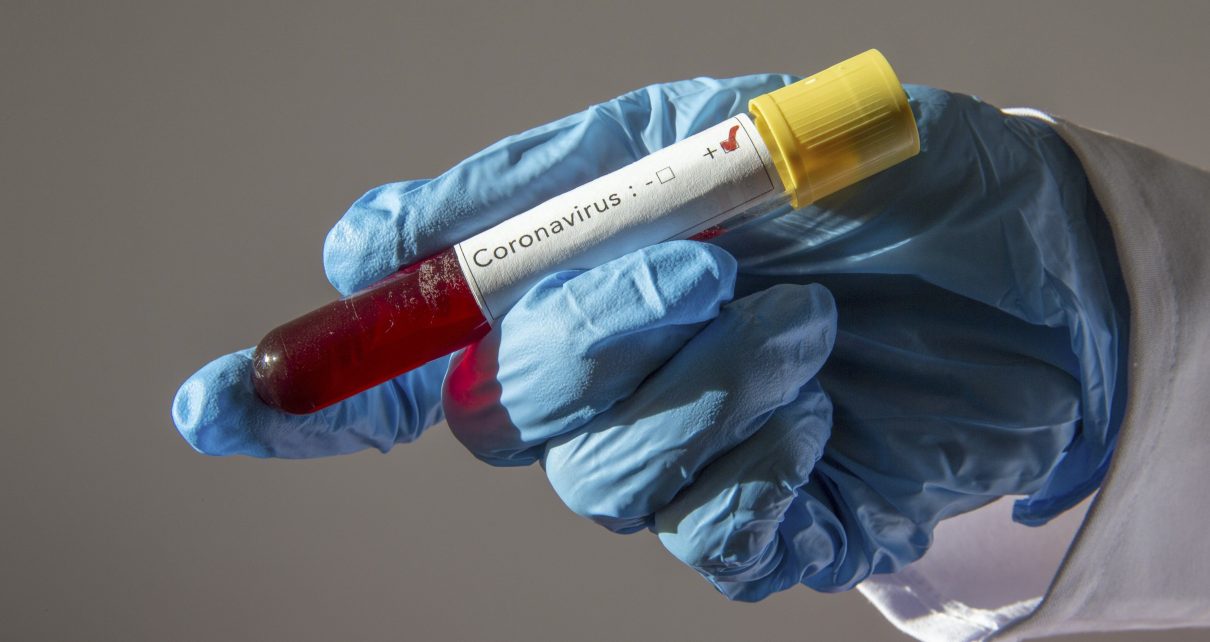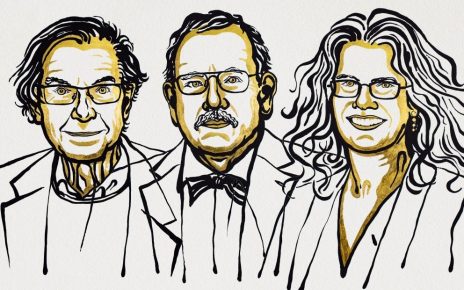“The Destroying Monster Continues the Work of Destruction Making a Vast Graveyard of Stricken Cities.” That is how a newspaper headline from Little Rock, Ark., described a yellow fever outbreak in 1878. The mosquito-borne illness infected 120,000 individuals and killed between 13,000 and 20,000 during the spring and summer of that year in the southern U.S.
What is most relevant to the current coronavirus pandemic is not how the yellow fever killed people. It is how the disease changed society for those who remained.
“I’ve seen examples of young men hopping into the beds of their recently dead friends,” says Kathryn Olivarius, an assistant professor of history at Stanford University, regarding historical accounts of people seeking to become immune to the illness in the 1878 outbreak. “They were literally risking their lives—seeking sickness as a pathway to prosperity.”
Yellow fever in the U.S. at that time—and earlier, smallpox in Europe in the 1700s—brought with it an understandable fixation on immunity. In the current coronavirus pandemic this attitude has been globally reborn in the form of an “immunity passport.” The idea is that if individuals successfully weather COVID-19, they could be allowed to reenter work and public spaces. There are fundamental problems with this concept, however, because of the many unknowns surrounding coronavirus immunity itself.
In an 1847 yellow fever outbreak in the southern U.S., such presumed immunity was called “acclimation.” History, at times, shows striking parallels to the present.
“The decisions that policy makers have to make in the face of an epidemic are always uncertain,” says Michael Stein, chair of Boston University’s health law, policy and management department. “But history can offer us lessons in these moments when we’re scared and in a rush.”
This video—a collaboration between Retro Report and Scientific American—lays out some lessons, and perils, of those past desperate quests for immunity in the face of a novel disease. As states start to “reopen” over the coming weeks and months, this same quest will surely play out yet again.
Read more about the coronavirus outbreak from Scientific American here. And read coverage from our international network of magazines here.




